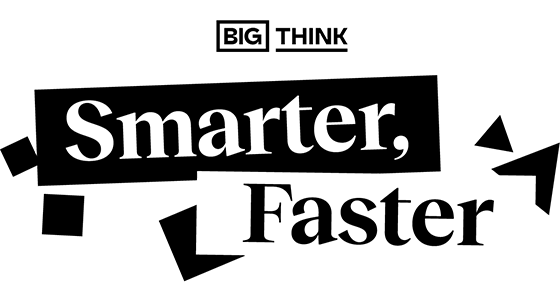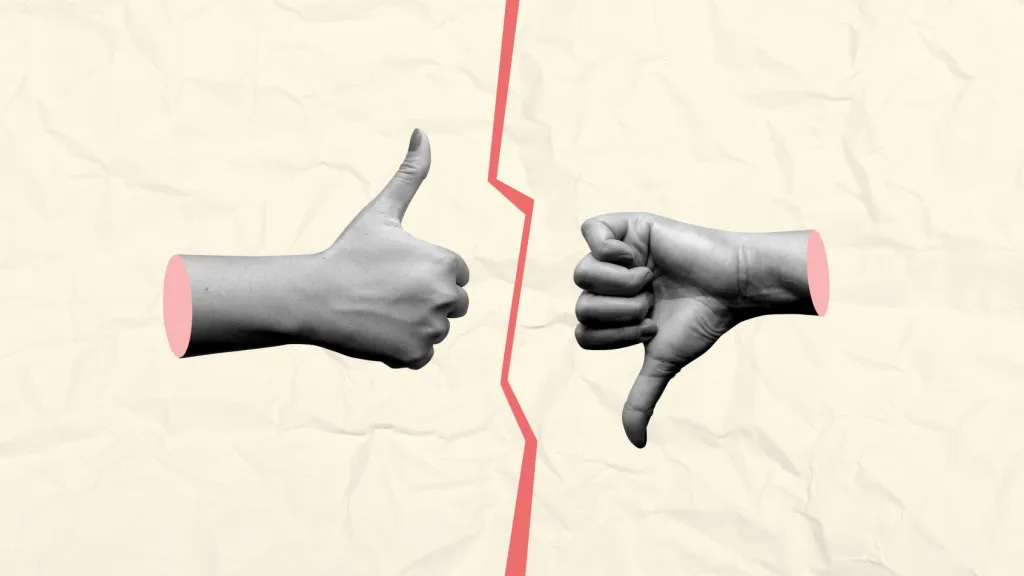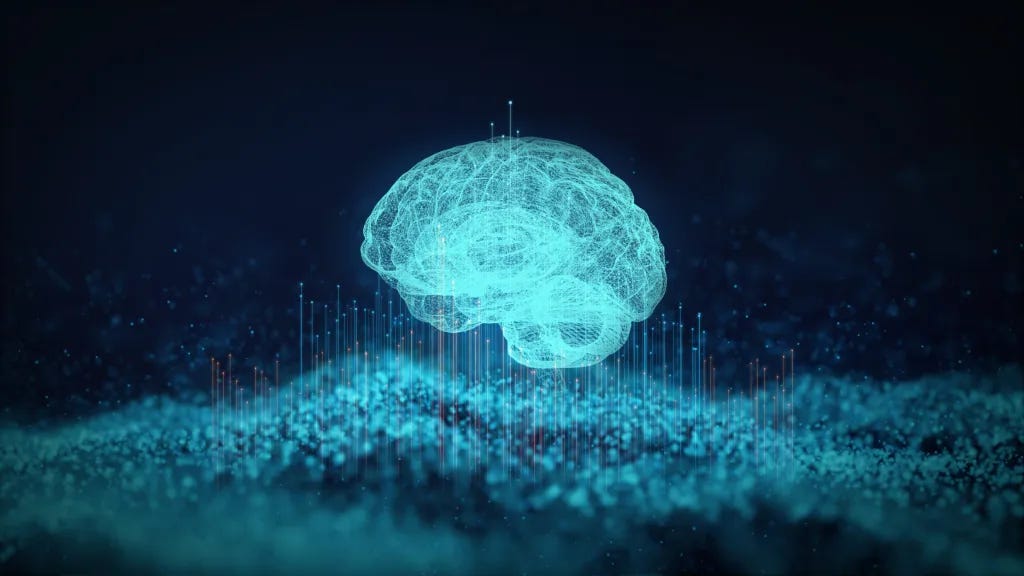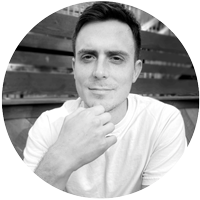Smarter Faster: The “hidden science” that saves lives
Keeping it hidden feeds panic and neglect.
with Stephen Johnson • Thu 9 January, 2025
Hey Big Thinkers,
Success is sometimes virtually impossible to measure because it only occurs when nothing happens. That’s often the case with epidemiology, which aims to identify and control the spread of diseases. When epidemiologists do their jobs, an outbreak doesn’t spiral into an epidemic. The result? We rarely think about this branch of medicine.
Caitlin Rivers wants to change that. A senior scholar at the Johns Hopkins Center for Health Security, her 2024 book Crisis Averted explores the overlooked history of how diligent epidemiologists have pulled the world back from the brink of health catastrophes.
Big Think recently caught up with Rivers to discuss her book, strategies for improving public health communication, and why epidemiologists should take some notes from meteorologists.
Onward,
Stephen
THE BIG SECRET
The dangers of keeping epidemiology the “hidden science”
Few people know the name Carlo Urbani, but the epidemiologist’s quick thinking is credited with saving countless lives after he helped identify the spread of a deadly and highly infectious virus, known today as SARS-CoV-1. In this interview, Caitlin Rivers covers the hidden yet massive impact that people like Urbani have had on public health. “Only with great effort does public health maintain an invisible veil between us and a world I don’t want to see return,” she writes.
Top Stories
2000 — The year when physicists listed the ten most important unsolved problems in physics. How much progress have we made? Starts With a Bang has the update.
3.6 — The estimated number of hours to fly from NYC to London aboard a Boom Supersonic aircraft, which aims to offer supersonic passenger flights by 2029.
3,500 — The approximate number of years until a transmission of Stephen Hawking’s voice enters a black hole.
1 — The number of pages on a calendar that will change how you view the year.
THE BIG TIP
Don’t waste time correcting misinformation. Instead, try the “bypassing technique”
When someone starts spouting off about how “the jet fuel didn’t melt steel beams on 9/11” or “5G towers caused COVID” or “GMOs are a nefarious ploy to control the global food supply,” what’s your go-to response? These days, mine is something like, “Wow, I did not know that,” and then I immediately leave or change the subject. Debating conspiracy theorists is almost always a waste of time. But if you ever need to push back against misinformation, what’s the best strategy? Jonny Thomson explores recent research on just that.
THE BIG UPGRADE
Predicting the “digital superpowers” we could have by 2030
Imagine it’s 2035. You walk across the office and see a coworker approaching. You’ve forgotten her name. “It’s Jenny,” an AI voice whispers in your ear after sensing your unease. “She works in IT and your last conversation was about an NHL game she planned to attend.” In just a few years, we might enter a world in which all of our social interactions include a hidden layer of context-aware AI hosted on wearable technology — advising us, reminding us, and hopefully not nudging us to do anything outside of our best interests. Louis B. Rosenberg predicts the future of these “digital superpowers” here.
Popular
How to embrace “psychological magic” to be more creative
Navigate to the “three ports” of ancient philosophy to find the good life
Why 2025 will take us closer to the “Turing horizon”
Why great communicators listen to the music of “The Five Ps”
WORTH SHARING
2,000 years after Vesuvius erupted, we’re finally decoding the lost scrolls
Physicist and founder of Terraform Industries Casey Handmer reveals how his efforts to solve The Vesuvius Challenge led to a major breakthrough in the decoding efforts.














Some fascinating topics again, thank you!